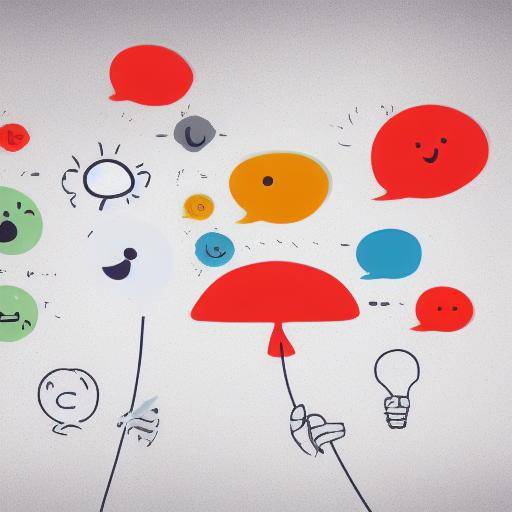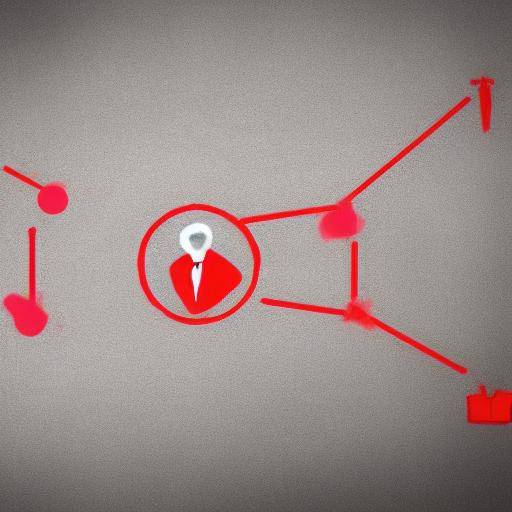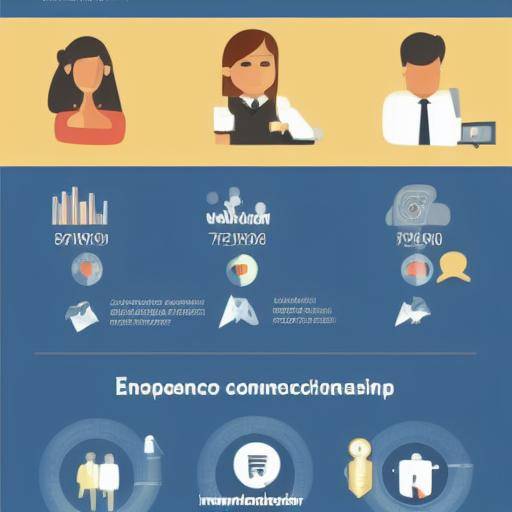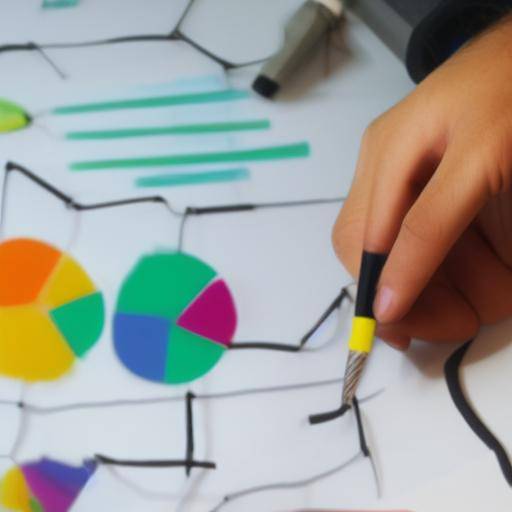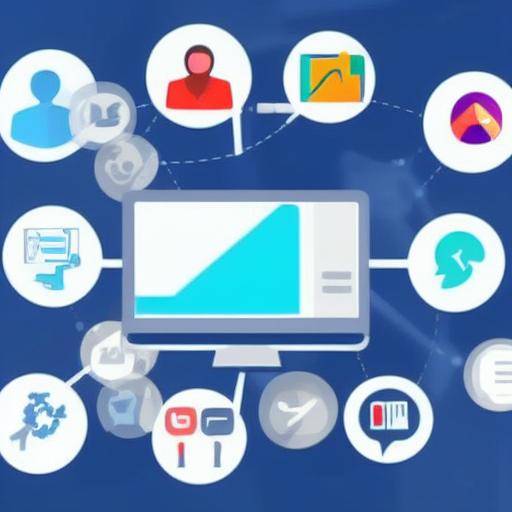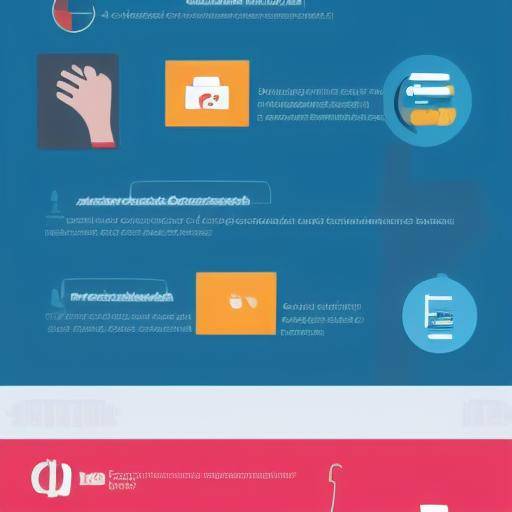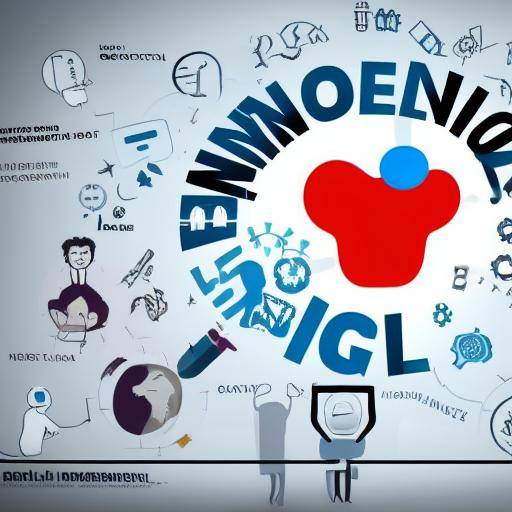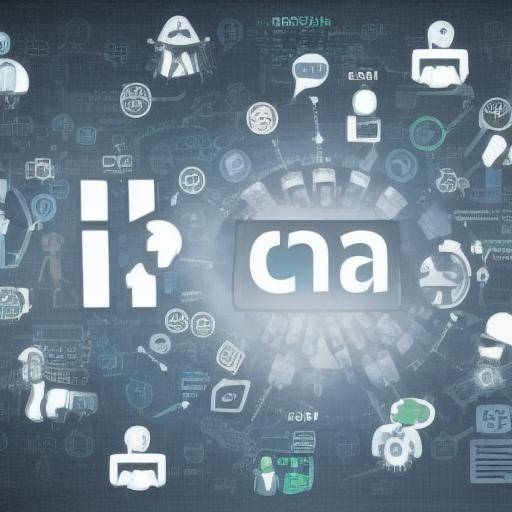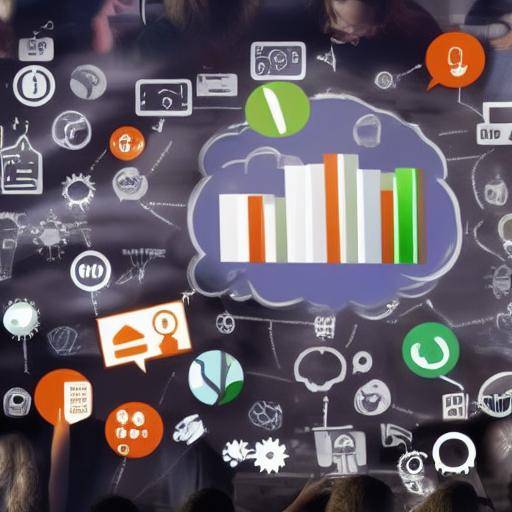
The ability to collaborate and relate socially is essential in the present world. Social intelligence, which implies the ability to perceive, understand and manage both our own emotions and those of others, is crucial in personal and professional development. This article explores the importance of collaboration in the development of social intelligence, addressing its benefits, challenges, practical applications and future trends.
Introduction
Collaboration and social intelligence are closely related. The ability to work as a team, to understand group dynamics and to establish positive relationships are key aspects both in everyday life and in working environments. Understanding the relevance of these skills is essential to enhance personal growth, strengthen interpersonal relationships and improve performance in working contexts.
History and Background
Origins and Evolution of Collaboration
Collaboration has been fundamental in the evolution of human societies. From the first communities to the digital era, collaboration has led to progress and problem solving. In ancient times, civilizations were associated with hunting, housing construction and agriculture, laying the foundations for collaboration as a development engine.
With the advancement of civilization, collaboration has become an essential component in various fields, including science, technology, arts and business. In the modern era, collaboration has been key in the creation of innovative companies, scientific advances and social progress.
Social Intelligence to the Longest of History
The concept of social intelligence has been the subject of interest since ancient times. Philosophers such as Aristotle and Confucius reflected on the social and emotional skills necessary for harmonious coexistence. However, it was not until the last decades that the term acquired relevance in psychology and modern sociology.
The focus on emotional and social intelligence gained momentum with the research of Daniel Goleman, who popularized the concept in his work. Since then, the importance of social intelligence in decision-making, conflict resolution and success in human interactions has been recognized.
Important Milestones and Significant Developments
The arrival of social networks and communication technologies has transformed the way people collaborate and relate, generating new opportunities and challenges. Globalization and cultural diversity have also emphasized the need to understand and develop social intelligence to effectively interact in multicultural and diverse environments.
Deep analysis
Benefits of Collaboration and Social Intelligence
Collaboration fosters creativity, exchange of ideas and collective resolution of problems. By working as a team, individual strengths are used to achieve common goals, promoting an environment of trust and empowerment. On the other hand, social intelligence allows us to understand the motivations, emotions and needs of others, facilitating effective communication and establishing solid relationships.
Collaboration and social intelligence also have a positive impact on working environments. The ability to lead teams, manage conflicts constructively and build empathy are key skills for effective leadership. In addition, teamwork strengthens the sense of belonging and group cohesion, resulting in a better working climate and more satisfactory results.
Challenges and Barriers in Collaboration and Social Intelligence
Although collaboration and social intelligence offer many benefits, they also face significant challenges. Cultural differences, conflicts of interest and communication barriers can hinder effective collaboration. Similarly, the lack of emotional awareness and the difficulty in understanding and managing one's own and other emotions can limit the development of social intelligence.
In working environments, excessive competition, lack of communication and interpersonal conflicts can hinder collaboration and affect productivity. Moreover, the pressure to achieve results can generate an atmosphere of tension that hinders the expression of emotions and empathy, hindering the development of social intelligence.
Current Trends and Futures
The advance of technology has transformed collaboration and social intelligence. Online collaboration platforms, digital communication tools and virtual workspaces have facilitated interaction between individuals and teams distributed in different parts of the world. Also, the use of artificial intelligence and predictive analysis is revolutionizing how organizations understand and manage the emotions and behaviors of their collaborators.
In the future, an increased integration of artificial intelligence is expected to analyse patterns of interaction, identify opportunities for collaboration and prevent conflicts. On the other hand, remote management and diversity in work teams will require a broader approach to the development of social intelligence and adaptation to different cultural contexts.
Comprehensive review
Practical Applications
Collaboration and social intelligence have practical applications in various fields. In the working environment, they are key to team management, effective leadership and conflict resolution. In the educational field, they foster cooperative learning, empathy and the development of social skills. In everyday life, they facilitate the creation of support networks, the resolution of family problems and the promotion of a healthy community environment.
Best Practices and Success Cases
Many companies have implemented effective collaborative strategies to optimize their processes and promote innovation. Examples such as Google, which promotes a culture of teamwork and creativity, or Toyota, known for its just-in-time production methods that involve all partners in continuous improvement, are recognized by its focus on collaboration and social intelligence as drivers of business success.
Comparative analysis
Collaboration and social intelligence share the premise of working together to achieve common goals, but differ in focus. While collaboration focuses on teamwork, social intelligence focuses on understanding and managing emotional and interpersonal dynamics. However, both concepts are complemented and fundamental for achieving outstanding results in personal and work environments.
Practical Tips and Accessible Tips
Strategies for Enhancing Collaboration and Social Intelligence
- Promote open communication and exchange of ideas in the working teams.
- Provide opportunities for the development of soft skills, such as empathy and active listening.
- Implement training programs in emotional intelligence to promote understanding and management of emotions.
Measures to Overcoming Challenges in Collaboration and Social Intelligence
- Promote diversity and respect for cultural differences in working environments.
- Establish safe spaces for emotional expression and constructive conflict management.
- Increase personal reflection and self-assessment in the development of social intelligence.
Practical Steps to Enhance Collaboration in Virtual Environments
- Establish clear communication and coordination protocols in remote teams.
- Use digital tools that encourage interaction and teamwork, such as project management platforms and online collaborative spaces.
- Schedule periodic meetings to strengthen the emotional connection and sense of membership in virtual teams.
Sector Perspectives and Views of Experts
Reflections of Experts
"Social intelligence is a fundamental pillar in the development of effective leaders. The ability to understand the emotions and motivations of contributors is essential to inspire, motivate and direct teams towards success." - Jane Doe, Organizational Psychologist.
" Effective collaboration in virtual environments demands a combination of technical and emotional skills. Successful organizations prioritize the creation of a digital environment that fosters trust, open communication and active participation." - John Smith, Information Technology Consultant.
Future Trends and Prognostic Analysis
The future of collaboration and social intelligence profiles towards greater integration of digital tools that facilitate remote interaction and emotional management. Artificial intelligence is expected to play a more relevant role in identifying collaborative patterns, identifying opportunities for improvement and conflict prevention in working and social settings.
As diversity and inclusion are at the centre of business agendas, a broader approach to the development of social intelligence is anticipated to facilitate understanding and adaptation to different cultures, perspectives and individual needs.
Conclusions and FAQs
Conclusions
Collaboration and social intelligence are fundamental skills that directly impact personal development, interpersonal relationships and success in working environments. By enhancing collaboration, creativity, problem solving and group cohesion are encouraged. Likewise, the development of social intelligence facilitates the understanding of one's own and other emotions and motivations, strengthening interpersonal relationships and effective leadership.
Promoting effective collaboration and the development of social intelligence is essential to building dynamic, inclusive and productive working environments. In a world characterized by diversity, globalization and technology, these skills acquire a vital relevance in the way we relate, collaborate and create value.
Frequently asked questions
How can I improve my social intelligence?
To improve your social intelligence, it is essential to practice empathy, develop active listening skills and work in the recognition and management of your own emotions. Participating in activities that foster collaboration and social interaction, such as volunteering, study groups or collaborative projects, can be of great help.
Why is collaboration important in working environments?
Collaboration in working environments promotes innovation, the strengthening of collective skills, the efficient resolution of problems and the development of a sense of belonging in the team. It also facilitates a positive working environment and promotes collective success.
What is the relationship between social intelligence and leadership?
Social intelligence is essential for effective leadership, as it facilitates understanding of the needs and motivations of partners, conflict management and the promotion of a harmonious and productive working environment.
Conclusion
Collaboration and social intelligence are fundamental pillars of individual, interpersonal and labour development. Its effective integration enhances creativity, group cohesion and leadership, generating dynamic and productive environments. In a world characterized by diversity and technology, these skills are essential to meet current and future challenges.
With this article, it seeks to deepen understanding of the importance of collaboration in the development of social intelligence, providing an integral vision of its scope, benefits, challenges and future projections. Collaboration and social intelligence are constantly evolving skills that demand continuous attention for their effective development and implementation in the current world.










